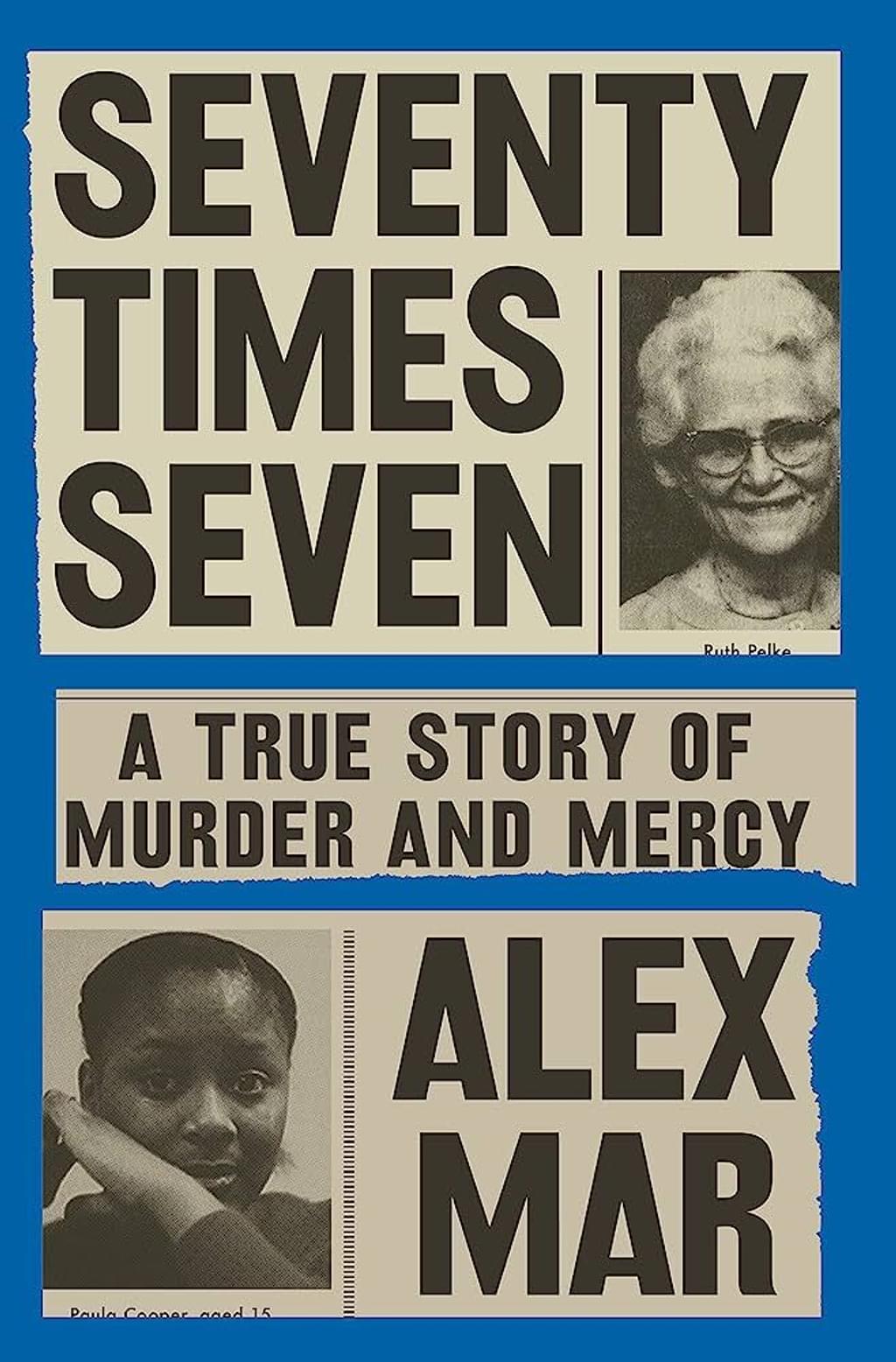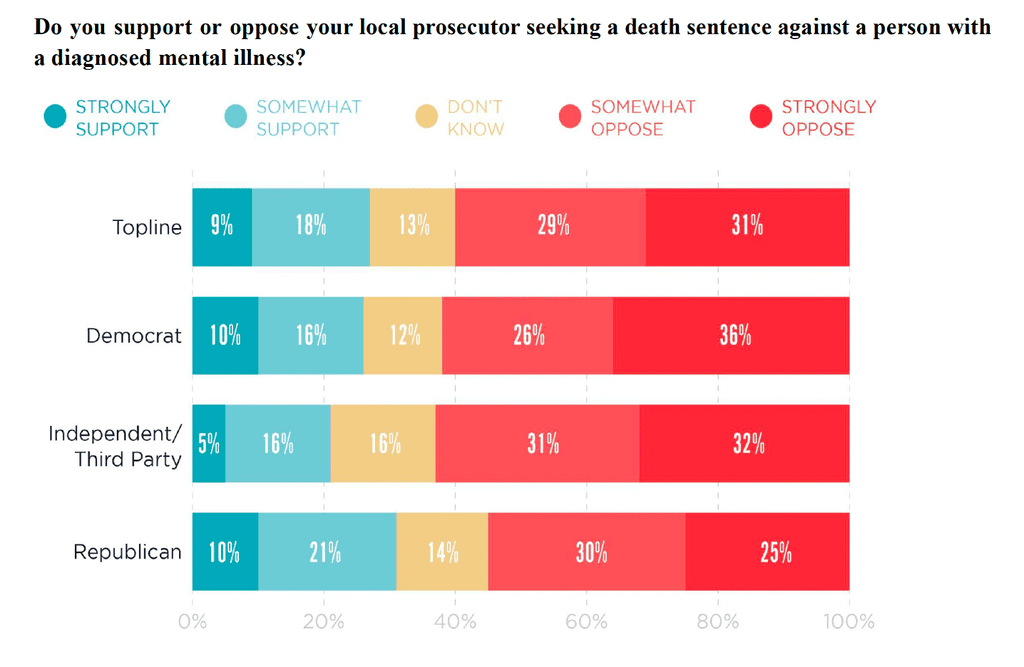Overview
Children are not as culpable as adults for their actions. In the death penalty context, that principle has caused debate about what age is too young for someone to be subject to execution. International human rights law has long prohibited the use of the death penalty against people who were younger than age 18 at the time of the offense. See Executions of Juveniles Outside of the U.S. In 2005, the U.S. Supreme Court brought the U.S. into compliance with that international norm, ruling that the U.S. Constitution also protects people from being sentenced to death for crimes committed when they were under 18. For more information, see the Roper v. Simmons Resource Page.
The Court had earlier (1987) held that the proper cutoff should be the age of 16, but states gradually applied more stringent standards to avoid conflict with other areas of the law where children were treated differently. By 2005, thirty states had either abolished the death penalty for all offenders or at least for those under the age of 18. As with its earlier ruling exempting defendants with intellectual disabilities, the Court found that a national consensus had formed around excluding those under 18, and that there was little to be gained in terms of deterrence or retribution by executing younger offenders. Some Justices pointed to the fact that the U.S. was virtually alone in the world in allowing juvenile offenders to be executed. The emerging science of brain development also contributed to this decision.
At Issue
Debate has continued on whether even the age of 18 is too young to assume full adult accountability for a heinous crime. Some have suggested that 21 would be a more appropriate age both because of the rights and responsibilities conferred by society at that age and because new brain science shows that critical areas of the brain relating to judgment, thrill seeking, and consequential thinking do not mature until the mid-twenties. The Court’s ruling on the application of the death penalty to juveniles has spurred other decisions regarding the use of life-without-parole sentences for this same group.
What DPIC Offers
DPIC has carefully monitored the flow of state legislation and court decisions regarding the appropriate age for the death penalty. The pertinent Supreme Court decision is fully analyzed. DPIC also makes available the thorough research by others on the use of the death penalty for juveniles in U.S. history, with statistics on sentences, executions, and the race of defendants.
News & Developments
News
Feb 10, 2023
STUDIES: Raising the Age of Those Eligible for the Death Penalty Would Likely Reduce Racial Disparities

Professor Craig Haney (pictured) of the University of California, Santa Cruz, Professor Frank Baumgartner of the University of North Carolina at Chapel Hill, and Karen Steele, a criminal defense attorney in Oregon, examined age and race data from nearly 9,000 death sentences imposed in the U.S. from 1972 to 2021. They found that the racial disparities that plague the death penalty were more pronounced in cases involving juvenile and late adolescent defendants. Building on the findings of a 2022 study by Baumgartner, the authors found that, “Late adolescent class members…
Read MoreNews
Sep 05, 2023
Sole Woman on Tennessee Death Row, Age 18 at Time of Crime, Raises New Appeal Based on Youthfulness
Attorneys for Christa Pike, the only woman on Tennessee’s death row, filed a motion on August 30 to re-open her appeals based on a recent decision from the Tennessee Supreme Court. In 2022, the Court ruled in State v. Booker that mandatory life sentences in homicide cases are unconstitutional when imposed on juveniles, drawing on U.S. Supreme Court precedent that held that juveniles are less mature, more vulnerable to peer pressure, and generally less culpable than adults. Ms. Pike’s attorneys argue that Booker’s reasoning applies to all youthful defendants, not…
Read MoreNews
Aug 11, 2023
After Spending 41 Years in Prison, Former Death Row Prisoner Gary Tyler Debuts First Solo Art Exhibition
Gary Tyler was just 16 years old when he was charged with shooting a white student in 1974 and sentenced to death, a crime that, many witnesses agree, he did not commit. Mr. Tyler, then a sophomore in high school in St. Charles Parish, Louisiana, was riding a school bus that was attacked by a segregationist mob. In the chaos, someone fired a shot that killed a 13-year-old white boy, Timothy Weber. After Mr. Tyler, who is Black, spoke to one of the deputies, he was arrested for allegedly disturbing…
Read MoreNews
Jun 13, 2023
BOOKS: “Seventy Times Seven: A True Story of Murder and Mercy”
In Seventy Times Seven: A True Story of Murder and Mercy, author Alex Mar presents an in-depth account of a violent homicide and its impact on a racially divided community and the individuals involved. Mar not only discusses the fears associated with modern crime and punishment but also addresses the human capacity for compassion and forgiveness. In the prologue, Mar writes that “this is a story that asks what any community is willing to accept as just consequences — as justice — for harm done. It is a difficult question, one…
Read MoreNews
Jun 06, 2023
Jurors Who Sentenced Michael Tisius to Death Express Regret
Four jurors and two alternates from the 2010 trial of Michael Tisius have said in affidavits that they would support clemency in his case. Mr. Tisius is scheduled to be executed in Missouri on June 6, 2023. In his clemency petition, and in interviews with the New York Times, the jurors said that mitigating evidence that was not presented at trial would have altered their sentencing decisions. (The image to the left is art created by Mr. Tisius and included in his clemency petition.)
Read MoreNews
Mar 23, 2023
New Podcast: Protecting Especially Vulnerable Defendants from the Death Penalty — A Discussion with Karen Steele
In the latest episode of “Discussions with DPIC,” Robert Dunham, former Executive Director of DPIC, interviews Karen Steele (pictured), a researcher and defense attorney in Oregon, regarding the special characteristics of late adolescent defendants facing the death penalty. Research by Steele and others points to the incomplete brain development in those aged 18 – 21 and how that can be exacerbated in those suffering from fetal alcohol spectrum disorder. The research has also found that late-adolescent defendants of color are disproportionately sentenced to death.
Read MoreNews
Aug 29, 2022
Report: Racial Disparities in Death Sentences Imposed on Late Adolescent Offenders Have Grown Since Supreme Court Ruling Banning Juvenile Death Penalty
Racial disparities in U.S. death sentences imposed on late adolescent offenders have grown substantially since the U.S. Supreme Court struck down the use of capital punishment against juvenile offenders in 2005, according to a new report by University of North Carolina political scientist Frank R. Baumgartner (pictured).
Read MoreNews
Aug 12, 2022
American Psychological Association Overwhelmingly Votes to Adopt Resolution Opposing Death Penalty for Adolescents Aged 18 – 20
The American Psychological Association (APA) has overwhelmingly adopted a resolution calling for courts and legislators to ban the use of the death penalty against people charged with committing crimes while they were under age 21. Saying that “the same scientific and societal reasons” that led the U.S. Supreme Court to bar capital punishment for offenders younger than age 18 also “apply to the late adolescent class,” the APA, the nation’s largest professional organization of psychologists, voted 161 to 7, with 1 abstention, to formally oppose the death penalty for individuals…
Read MoreNews
Mar 01, 2022
New Poll Finds Bipartisan Opposition to Use of the Death Penalty as It is Actually Administered
A new national poll has found that bipartisan majorities of Americans oppose seeking the death penalty against vulnerable groups of defendants who historically have been disproportionately subjected to its use.
Read MoreNews
Dec 17, 2021
“Right Too Soon” Study: One in Seven Prisoners Put to Death in U.S. Had Legal Issues that Make Their Executions Unconstitutional
At least one in seven death-row prisoners put to death in the United States since executions resumed in 1977 had legal claims in their cases that would render their executions unconstitutional, a new Cornell University Law School study shows.
Read MoreNews
May 03, 2021
Kentucky Prosecutors Drop Death Penalty in Cases That Raised Constitutionality of Capital Punishment for Offenders Aged 18 – 21
Kentucky prosecutors have dropped capital charges against two defendants who had challenged the constitutionality of the death penalty for crimes committed by offenders younger than 21 years old. On April 21, 2021, prosecutors announced that they will no longer seek the death penalty against Efrain Diaz, Jr. and Justin Delone Smith, two of the three adolescents accused of the 2015 killing University of Kentucky student Jonathan Krueger. A third co-defendant, Roman Gonzalez, is not eligible for the death penalty because he was under 18 at the time of the crime.
Read More










